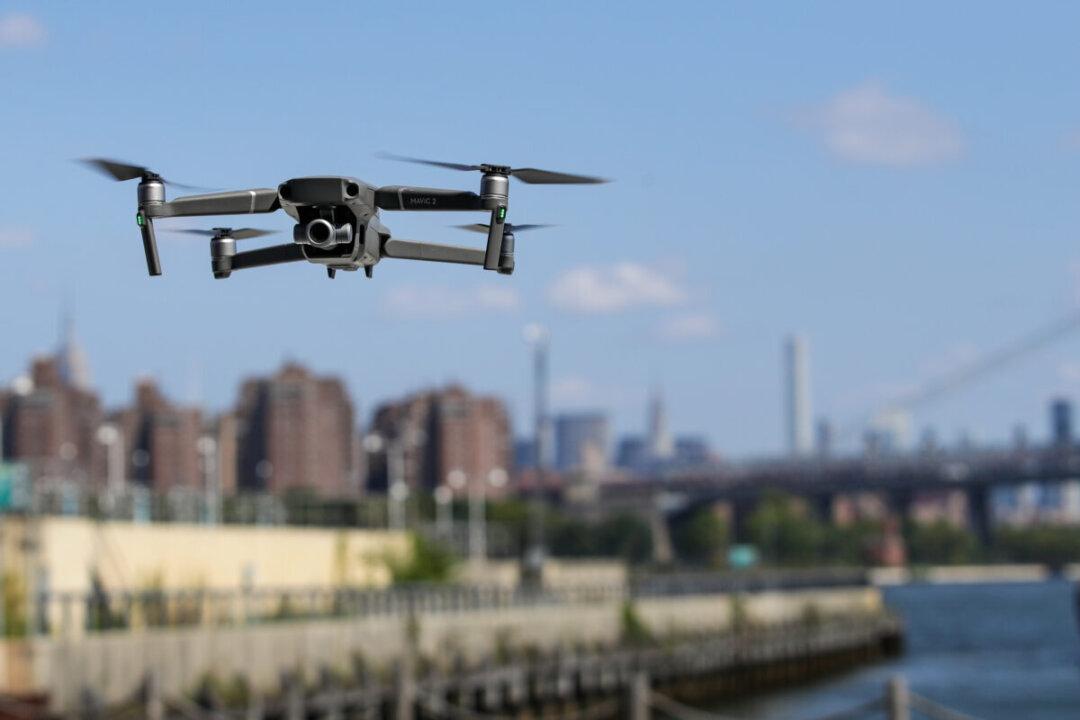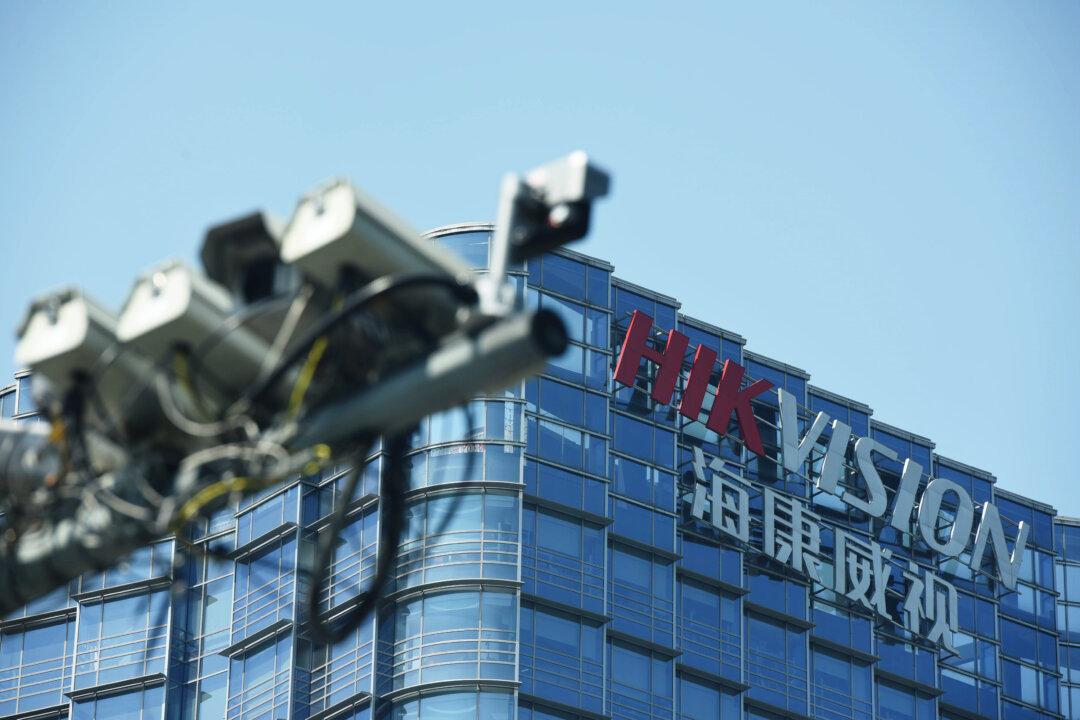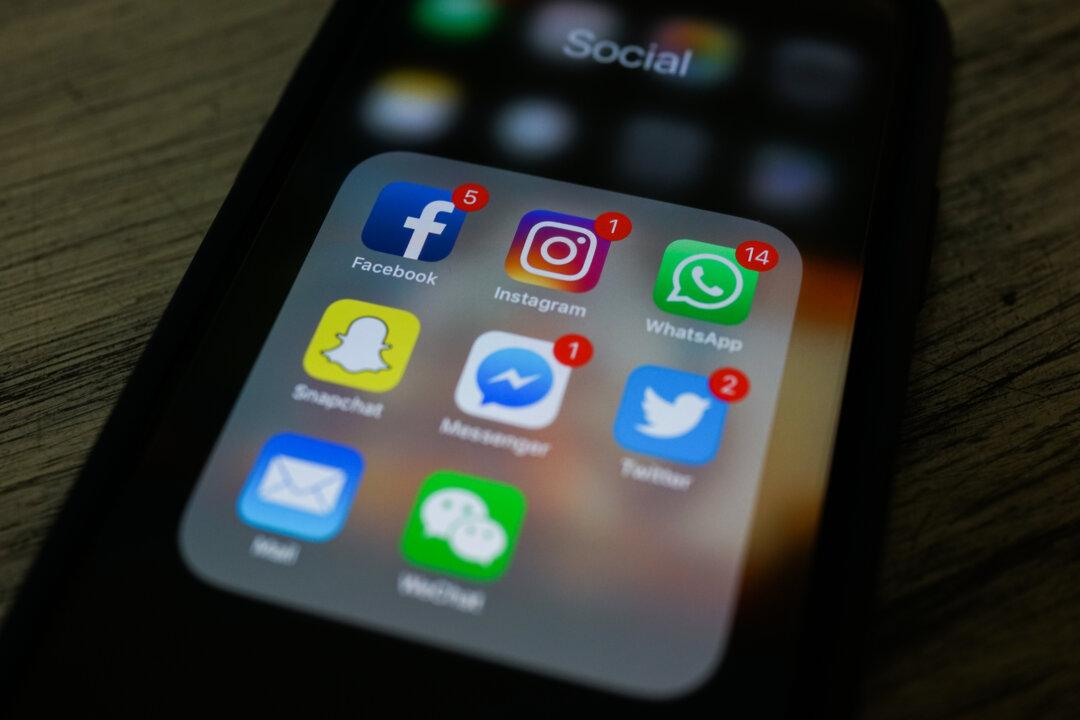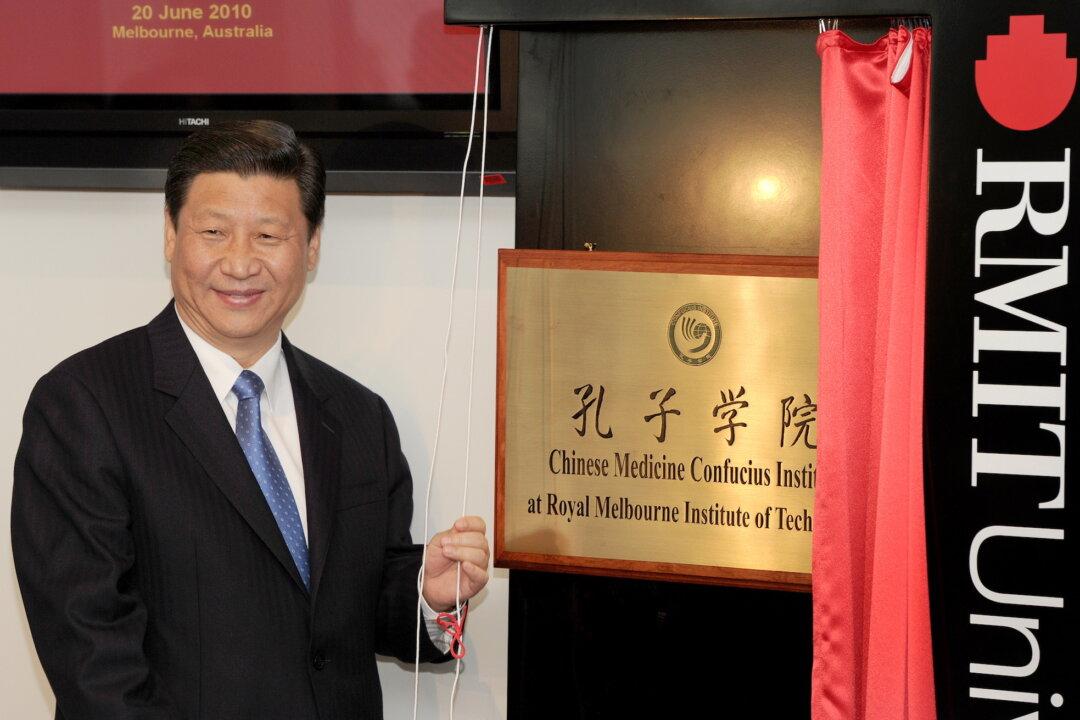Chinese drones blacklisted by the United States are being purchased by the UK’s Ministry of Defence (MoD).
Contract details show the MoD placed a £132,337 ($165,936) order in March for drones and accessories from DJI, the world’s largest consumer drone company based in Shenzhen, southern China.




